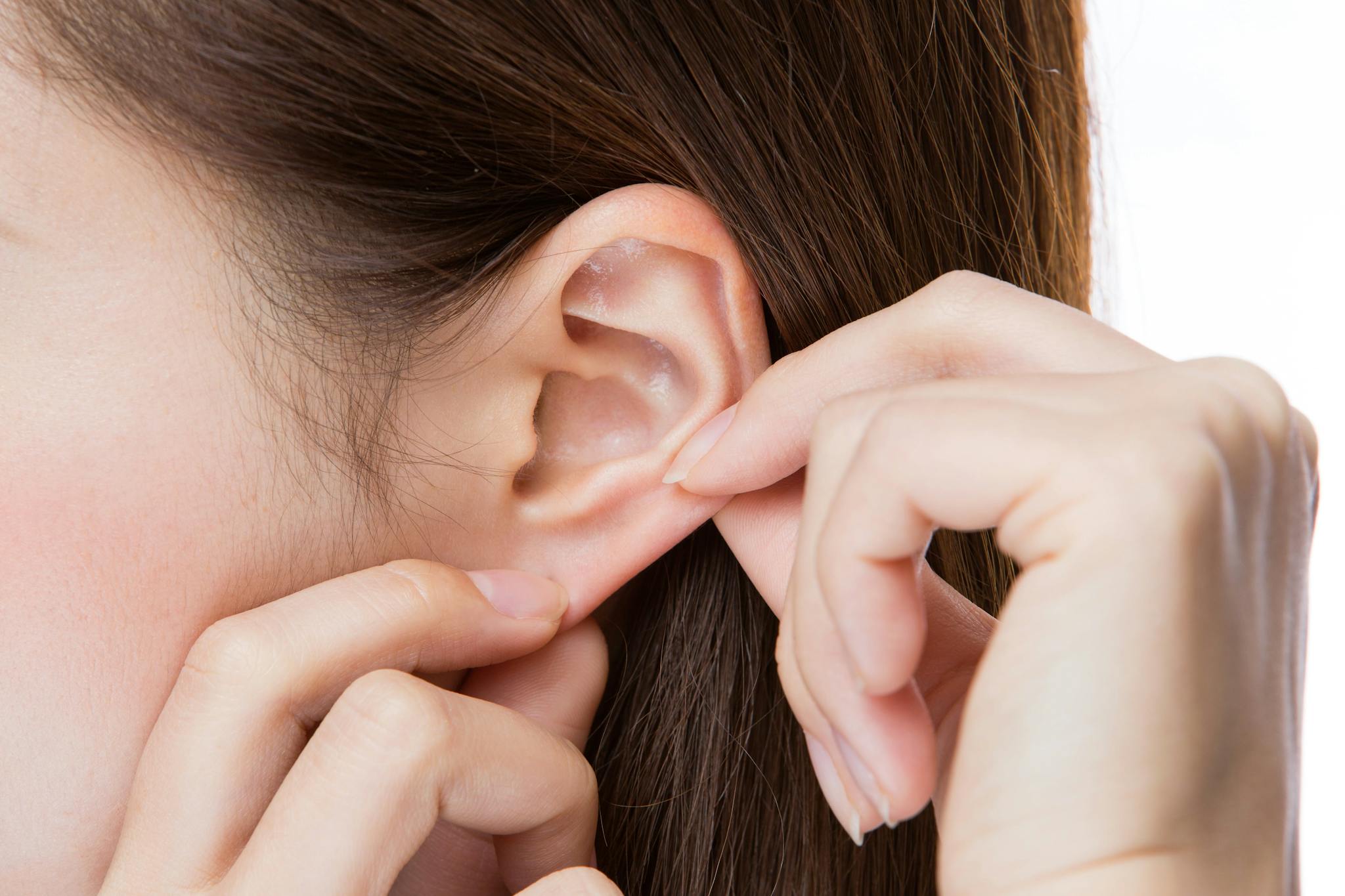
2023-04-06T14:20:05
What you need to know about Oral, Head, and Neck Cancer
- Ear, Nose, Throat
- Medical Oncology
August 11, 2017 | Ear, Nose, Throat
Specialties:ENT (Ear, Nose and Throat)

The sinuses are an important part of the nasal system, and if the tissue lining the sinuses becomes inflamed or swells up, it causes a condition called sinusitis. When sinuses become blocked and filled with fluid, it can lead to germ growth and eventually infection.
There are a few different types of sinusitis, along with several methods of treatment and risk management.
There are a few different terms your doctor may use to describe your type of sinusitis:
In general, conditions that can cause sinus blockages include:
In children, a few specific causes include:
About 35 million Americans have sinusitis at least once every year. A few factors that can make it more likely include:
Symptoms of acute sinusitis include:
If you have two or more of these symptoms, or thick green or yellow nasal discharge, you could have acute sinusitis. In cases of chronic sinusitis, you may have these symptoms for 12 weeks or more:
For a simple sinus infection, your doctor may recommend a decongestant and saline nasal washes. He or she may also give you antibiotics to be taken for 10 to 14 days. These symptoms will usually disappear.
For chronic sinusitis, a few things might help:
There is no certain method for preventing sinusitis, but these habits can help lower your risk:
In rare cases where sinusitis isn’t treated, it can lead to meningitis, a brain abscess or an infection of the bone. If you’re worried you have sinusitis, your doctor can recommend a treatment approach.
“What Is Sinusitis?” WebMD. http://www.webmd.com/allergies/sinusitis-and-sinus-infection#1
“Sinusitis.” American Academy of Otolaryngology – Head and Neck Surgery. http://www.entnet.org/content/sinusitis
WRITTEN BY:
The Live Better Team

2023-04-06T14:20:05

2019-04-02T10:47:01

2018-03-14T14:58:17

2018-01-10T09:30:55
This information is not intended to replace the advice of a medical professional. You should always consult your doctor before making decisions about your health.